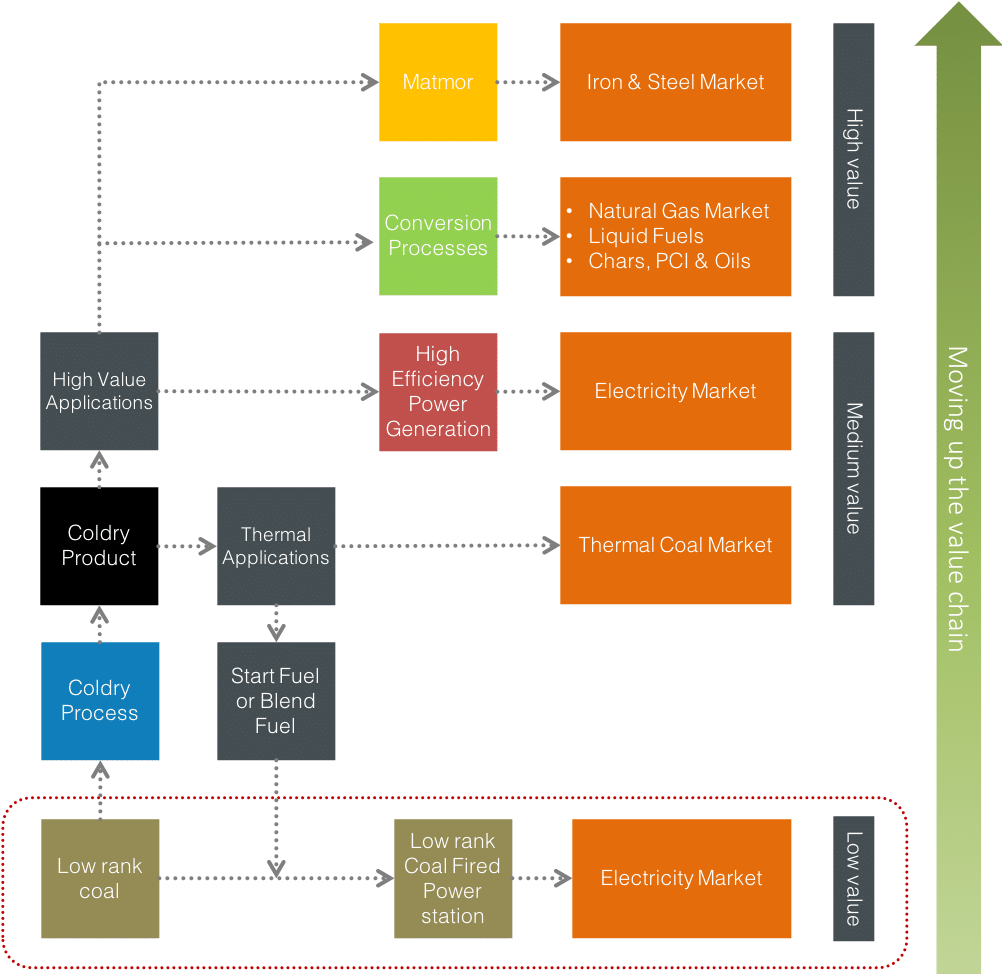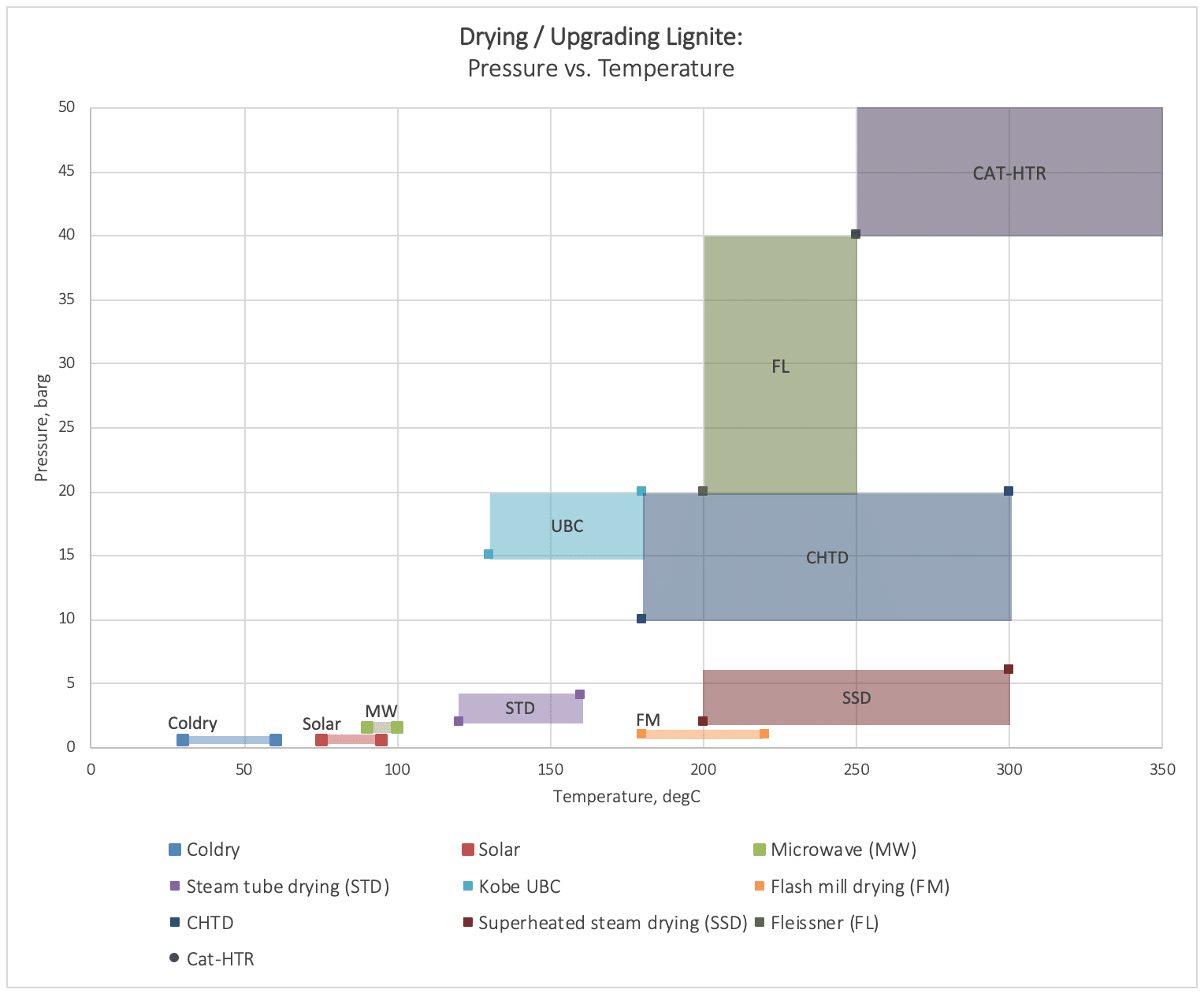Investor News
Shareholder Update - India Project
Environmental Clean Technologies Limited (ASX: ECT) (ECT or Company) is pleased to provide the following update on the Company’s India project.
Key points:
- NMDC Limited (NMDC) confirm board approval of Research Collaboration Agreement (RCA) expected to be ratified at their December board meeting
- Indian partner attendance anticipated for ECT AGM on 30 November
- Lignite drying (Coldry) study commenced with NLC India Limited (NLCIL)
Status of NMDC Board Approval
Further to the Company’s recent update (19 November 2018), NMDC have confirmed they will seek approval for signing of the RCA at their next board meeting, to be held in the first half of December.
The Company previously announced the in-principle approval of the RCA by NMDC subject to approval by partner NLCIL, which is in-hand.
NMDC were expected to ratify that in-principle approval at their recent board meeting (13 November 2018). Due to unforeseen circumstances, the agenda item was deferred.
ECT COO Jim Blackburn commented, “We’ve discussed with NMDC the possibility of providing the anticipated approval via a circular resolution or via an additional board meeting during November. Unfortunately, the value and importance of the project precludes the use of a circular resolution and collective board commitments through the balance of November preclude another board meeting this month.
“Instead, NMDC have confirmed they will bring their December board meeting forward to the first half of the month rather than the latter part and have restated their commitment to seek approval of the RCA.
“All partners have agreed to continue driving project preparations in parallel to formalising NMDC’s ratification. This includes establishment of the Project Control Committee (PCC), the appointment and induction of key ECT project personnel, briefings to the Ministries of Coal and Steel and preparations for the signing ceremony.”
NLCIL and NMDC are also anticipated to confirm senior personnel will attend the Company’s Annual General Meeting on 30 November.
Lignite Drying and Application/Market Study
As the Company progresses toward financial close for its India project it is pleased to advise that a draft report will be submitted this week as the first stage to a broader study to identify and prioritise attractive markets for upgraded lignite in India.
The report will be released publicly as a "Lignite Drying – Process and Technology Comparison Whitepaper” a summary of which will be made available on the ECT website once complete.
NLCIL, being the custodian of India’s lignite resources, is at the forefront of efforts to develop alternative, higher value applications, including iron and steel making via our India project.
To date, the India project has focused on Matmor, given India’s need to lift steelmaking capacity to 300 million tonnes per annum by 2030, and the relatively high return provided by steel sales compared to solid fuel sales.
However, as Coldry is integral to the Matmor process, and with the project progressing to its final approvals, attention has again been given to the broader benefits that the technologies can deliver.
As identified by the following diagram, Coldry as both a standalone and integrated technology (with Matmor) is an ideal ‘gateway’ solution for higher value applications.

At present, use of lignite for power generation represents the lowest value pathway, given the overriding objectives for the electricity sector are affordability and reliability.
By directing lignite use toward higher-value conversion processes such as Coldry, NLCIL can target a higher return per tonne of lignite, while reducing CO2 intensity of both new and traditional industrial uses.
The study has commenced with a refreshed analysis of current and emerging low-rank coal drying technologies, including Coldry.
Noting that the analysis of low-rank coal drying technologies can be complex, the study has considered the use of process temperature and pressure as proxies for capital and operating cost, by which the ability to benchmark the various technologies becomes easier.
Higher temperature and pressure results in higher costs.
The below chart provides an overview of the relative ranks of various processes, with Coldry clearly the leading process.

ECT and NLCIL will review this initial study with a view to prioritising additional areas of research and development in parallel with, and supporting, the broader Pilot Plant project.
Importantly, this initiative is strongly aligned with the Government of India’s recently announced plans for coal self-sufficiency.
The terms of reference for the development of this policy have been released, calling for a “policy prescription on how India should meet its demand for coal in domestic power and non-power sectors to cut imports of the fossil fuel over the next 10 years.”
The policy paper will identify key scenarios for linking coal production and consumption requirements in the country and is expected to form the basis of a comprehensive national policy.
Chairman Glenn Fozard commented, “India's power generation industry is coming under increasing pressure to maintain economically viable supplies of thermal grade coal to continue operations of black coal power stations. Imported black coal is becoming prohibitively expensive, impacting India’s balance of payments and the availability of suitable quality domestic black coal for power generation is sorely lacking. NLCIL owns a resource which may be a suitable feedstock for power generation once dried and hence continues to position NLCIL at the forefront of industry development in this area.”
The Company looks forward to providing further updates as the study progresses.
For further information, contact:
Glenn Fozard – Chairman [email protected]